Description
BPC-157 is a synthetic peptide consisting of 15 amino acids. It is a fragment of a naturally occurring protein called Body Protection Compound (BPC), which is found in human gastric juice. BPC-157 has gained popularity due to its potential healing properties and its ability to promote tissue repair, especially for muscles, tendons, ligaments, and other tissues.
What is BPC-157?
- BPC-157 is a peptide compound derived from a larger protein found in the stomach, called Body Protection Compound (BPC), which is involved in gut healing and protecting the body from gastric injuries.
- It is composed of 15 amino acids and is sometimes referred to as the “stomach healing peptide” due to its origin and the beneficial effects it may have on gut health and tissue repair.
How Does BPC-157 Work?
BPC-157 is believed to work through several mechanisms that aid in tissue repair, cell regeneration, and overall healing. These mechanisms include:
- Stimulating Angiogenesis:
- BPC-157 promotes the formation of new blood vessels (angiogenesis), which can improve blood supply to injured tissues. This process is essential for wound healing and regeneration, as it allows for better nutrient delivery and waste removal from the injured area.
- Promoting Collagen Production:
- Collagen is a vital component of connective tissues like tendons, ligaments, and cartilage. BPC-157 helps stimulate collagen synthesis, which is crucial for the repair and strengthening of damaged tissues.
- Reducing Inflammation:
- BPC-157 has anti-inflammatory effects, which can help reduce swelling and pain in injured areas. This can be particularly beneficial in the healing of muscle strains, tendon injuries, and joint issues.
- Improving Tissue Repair and Recovery:
- BPC-157 accelerates the repair of tissues like tendons, ligaments, and muscles. It has shown potential for improving recovery time after injuries, especially sports-related injuries.
- Gut Healing and Protection:
- Originally discovered for its ability to protect the stomach and repair gut lining, BPC-157 can help with conditions like ulcers, leaky gut, and other gastrointestinal (GI) issues. It has been used to treat intestinal permeability, inflammatory bowel diseases (IBD), and other digestive disorders.
Applications of BPC-157:
- Muscle and Tendon Repair:
- BPC-157 is commonly used in the sports world for its ability to enhance the healing process in muscles and tendons after injury. It may accelerate recovery from muscle strains, ligament sprains, and tendon injuries.
- Wound Healing:
- Because of its ability to stimulate angiogenesis and promote collagen production, BPC-157 can be useful in healing cuts, surgical wounds, or any type of soft tissue damage.
- Joint Recovery and Repair:
- Athletes or individuals with joint injuries may benefit from BPC-157 for its potential to help reduce inflammation and stimulate healing in the joints. This is particularly useful for individuals with chronic issues such as arthritis or acute injuries like joint sprains.
- Gut Healing and Protection:
- BPC-157 is primarily known for its ability to protect the gastrointestinal system. It may help in the healing of gastric ulcers, leaky gut syndrome, and other GI-related conditions by promoting the repair of the intestinal lining and improving gut health.
- Neurological Protection:
- Preliminary research suggests that BPC-157 may have a neuroprotective effect, which could be beneficial in spinal cord injuries or neurodegenerative diseases. It may help in nerve regeneration and repair.
Administration of BPC-157:
- BPC-157 is typically administered via subcutaneous injections (under the skin) near the area of injury, or in the case of intestinal issues, it may be administered directly intramuscularly or orally (though injection is more common).
- Dosing can vary, but the most typical dosing range is around 200 mcg to 500 mcg per day for 3-4 weeks.
- The peptide is generally used in cycles, depending on the severity of the injury or the condition being treated.
Side Effects of BPC-157:
- BPC-157 is generally considered safe and well-tolerated when used appropriately. However, some potential side effects may include:
- Injection site reactions (redness, swelling, or irritation).
- Mild dizziness or headaches.
- Fatigue in some individuals.
- Changes in mood or increased appetite.
- Since BPC-157 is still classified as a research chemical, there is limited data on long-term side effects. Always consult with a healthcare professional before using any peptide.
Legality and Availability:
- BPC-157 is not FDA-approved and is classified as a research peptide. It is commonly sold as a research chemical and is often available through online vendors who specialize in peptides.
- While BPC-157 has shown promising results in clinical trials and animal studies, it has not been widely studied or approved for medical use in humans.
Conclusion:
BPC-157 is a peptide that offers neuroprotective, anti-inflammatory, and tissue repair benefits. It is commonly used in sports medicine for its ability to accelerate recovery from injuries, particularly those affecting muscles, tendons, ligaments, and joints. Additionally, it has applications in gut health and may help heal gastric ulcers and intestinal disorders. While BPC-157 shows significant promise, it is important to remember that it is still a research chemical, and its use should be approached with caution and under the supervision of a healthcare provider.





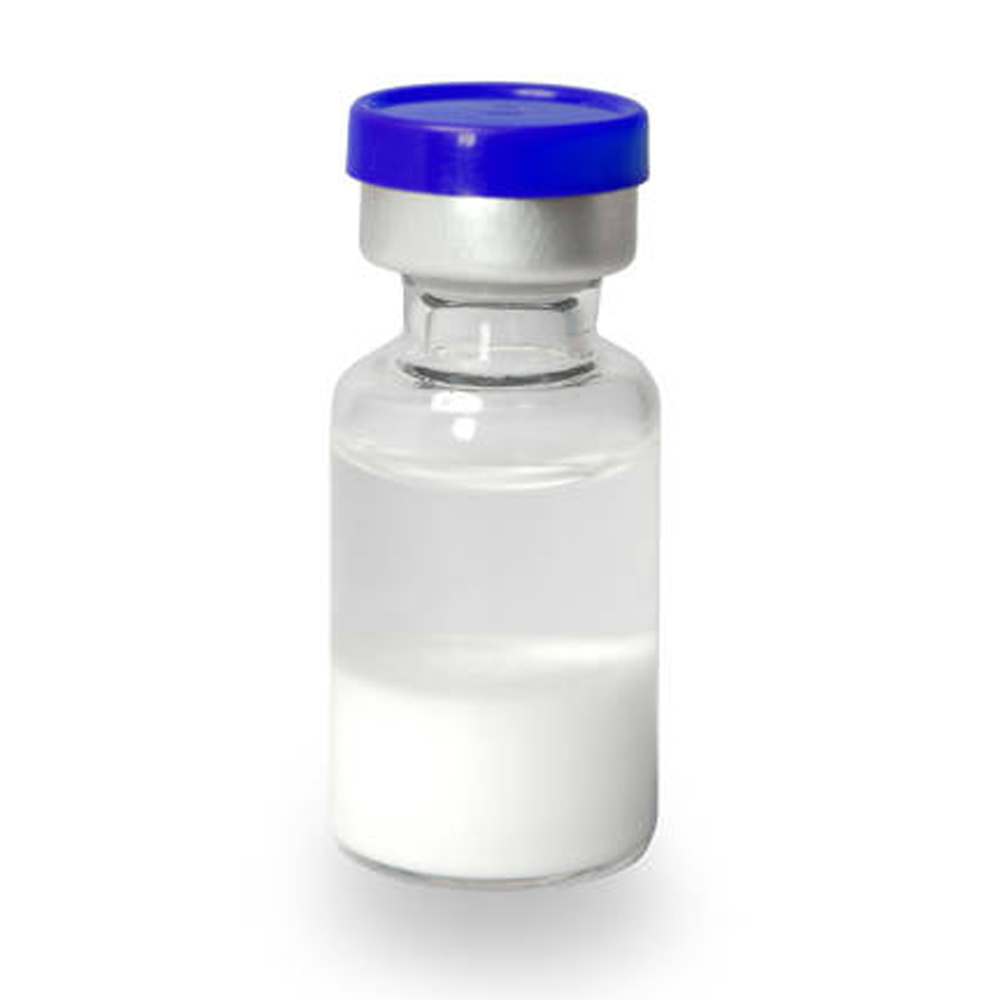
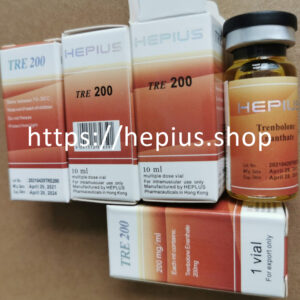
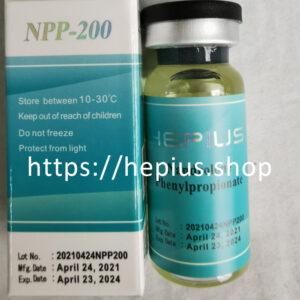
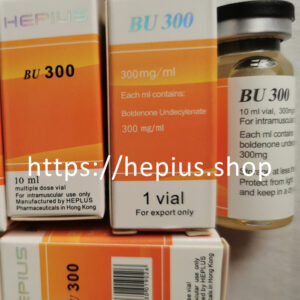
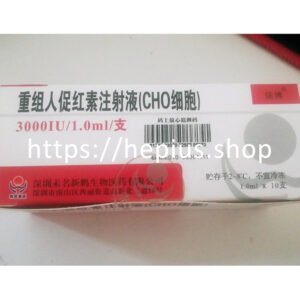
rekyx2 –
Received product , i will let you guys know before i start my cycle also received a bpc 157 will do it from tomorrow and Halo i will let’s you know guys, the seller answer fast polite i never someone more polite his product look legit cant wait to test Hepius ur the best bro